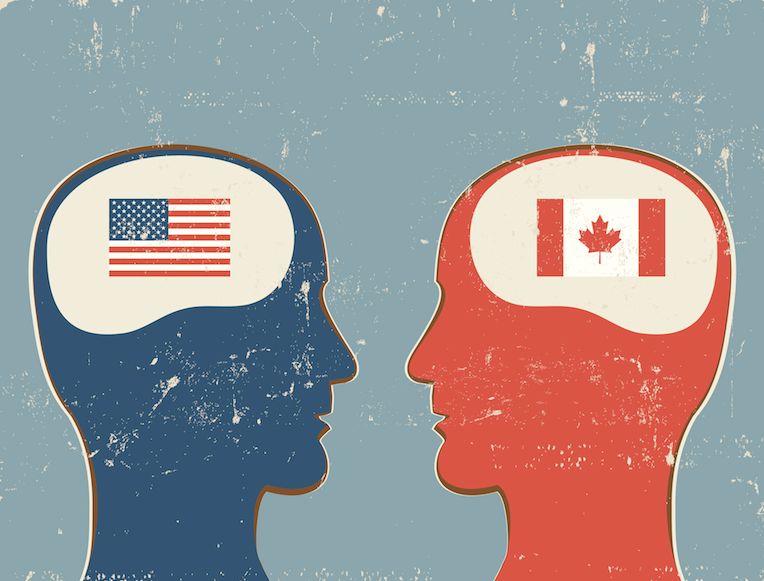Prescribing action on the social determinants of health for a healthier democracy
By Anjum Sultana & Nazeefah Laher
Recent elections in France, the Netherlands, and our neighbour to the south, the United States, have dominated the headlines for the last 12 months. Some Canadians think that the political division we see in the U.S. and other countries can’t or won’t happen here, while others worry that it will. We continue to see a distinct set of issues at play in global and local electoral politics that fall within the social determinants of health – the conditions in which people are born, grow, work, live, and age.
In these recent elections, we have seen key factors play out including racism, sexism, anti-immigration, and the narrative around jobs, employment and income inequality. In the U.S., we continue to see these factors at play in the 100 days post-inauguration. When the determinants of health are ignored, they have implications both on the health of our society and the health of our democracy.
Income Inequality, Health, and Democracy
Income is a critical determinant of health. There is a well-established body of evidence that draws the link between poverty and poor health. For example, lower income is associated with increased risk of heart disease, diabetes, depression, and infant mortality. Income alone does not lead to poor health outcomes. It is also the distribution of income in a society. Evidence from the U.S. suggests that countries and states that are more equal enjoy better health, like reduced rates of mortality. Research also suggests that states with higher rates of income inequality have increased rates of smoking, sedentary behaviour and disability.
Income inequality is also bad for the health of our democracy. The vast income disparities in the U.S. were seen to be a major player in determining the outcome of the election, along with age, education, and race. This isn’t an isolated case. Income inequality was also a major contributing factor in the Brexit “leave” vote in the U.K. The phenomenon of income inequality has been linked to a range of factors that negatively impacts civic and democratic engagement. This includes engaging in electoral participation, political discussion, and voter turnout.
In the most recent U.S. presidential election, voter turnout was the lowest it has been in the last 20 years. Income inequality influences who votes – the wealthy have exceptionally higher voting rates and tend to hold more political power – and this has implications on what policies become public priorities. There are distinct differences in preferences between voters and nonvoters on a range of policies. Voters tend to be more resistant to government spending, whereas non-voters are more likely to favour unionization and public investment in the social determinants of health, such as public education and health care. This risks the promotion of policies that further enforce economic power inequities. As income inequality increases, we move further away from democracy and closer towards plutocracy.
Income Inequality in Canada
In Canada, we are experiencing our own battle with income inequality. The Canadian Centre for Policy Alternatives reported that by noon on the first working day of 2017, the top 100 CEOs in Canada earned what average Canadians earn in a year. In fact, a report by Oxfam Canada showed that the two wealthiest people in Canada have the same amount of wealth as the poorest 11 million Canadians or one-third of our population. Rising inequities are particularly evident throughout Toronto where we see the highest rates of childhood poverty in the country (133,000 are children living in poverty), an unaffordable housing market, and income inequality that has grown by 31 percent over the past 25 years. This growing economic divide means that people are not benefitting from the same opportunities.
In Toronto and Ontario, there are concrete steps in front of us to reduce inequity and improve health. Our leaders are facing decisions on poverty reduction strategies, basic income, increasing the minimum wage, and funding affordable housing. All of these will improve health, and a healthy society is something that is not only good for the health of the population, but for the health of our democracy.
